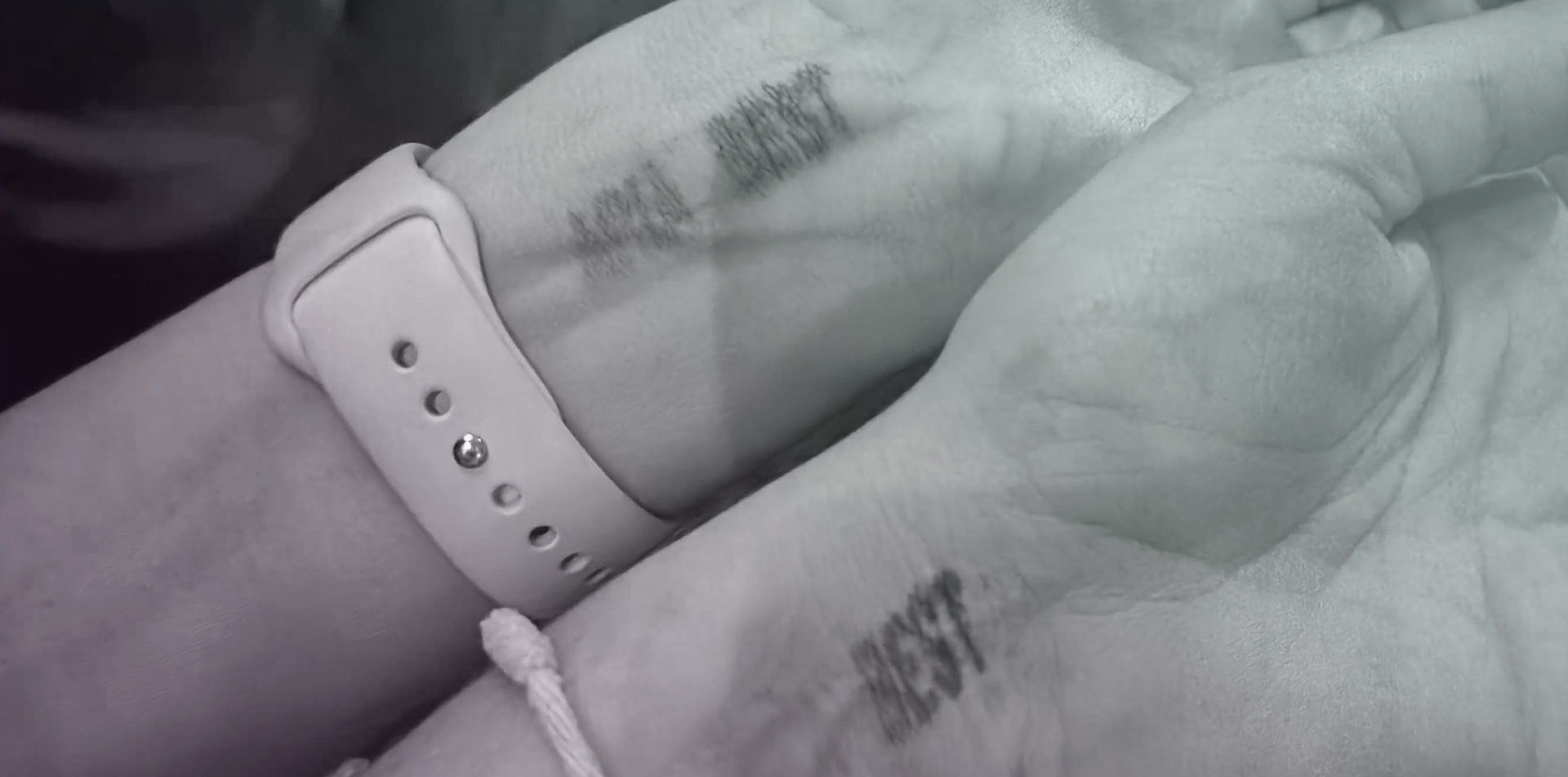You are enough. Stop being your worst enemy, start to be your best cheerleader.
introduction
Let’s talk about imposter syndrome.
I’ve recently attended a group session hosted by ADPlist.org where professionals explained the why, how and what their mindset came from and are right now.
DATE
- October 10th, 2021

I actually didn’t know it was such a diffuse state of mind. Statistics say that 7 out of 10 adults experienced impostor syndrome in their life. No matter where they come from, no matter where they are now, we know they felt that their success wasn’t earned.
I’m not gonna tell the story about the origin of impostor syndrome. It has been introduced in 1970s, so has been out there for a while. There are tons of good articles on this topic, if you need. But I’m gonna tell you the insight I gained from that group session and my random readings.
It’s just the beginning of my journey down the emotional and irrational lane. I suppose it can’t be rational to question your achievements on a daily basis. There must be something you truly believe you deserve. You have to recognize the hard work you did to get where you are at the moment. Whatever that moment is! It doesn’t mean you need to own a company, be a VIP, or be the best in your field. Any moment is worth the same in this journey. You are at a point in your life where you need to take action and stop this syndrome. I mean, it can’t be just luck or whatever you think it was.
Harvey e Katz studies (1985) point out that impostor syndrome is more frequent in adults that are the first in the family to reach an important career goal, a high educational level or exceed expectations.
I’ve learned this firsthand. I’m the expert type of impostor. I’m never confident on being called “expert”, no matter how many years I spent on studying, attending conferences, reading books, articles, and so on. I’m still attending “basic UX” courses in case I missed some very important sentence, tool, method or technic that as an UX expert I MUST know.
In my mind there’s always a new book I can read or a new certification I can get to be validated as the expert I’ve been sold.
Going to clients’ meeting, justifying methods I used, explaining design choices I made, generates in me a really high level of distress, of anxiety. What if they discover I’m a fraud? What if they say something I don’t know, even though I should?
I’ve grown up with teachers that discouraged me to pursue a high level career in tech or anything important. They told me I wouldn’t be achieving a thing in my life. I was a young girl, I believed them. Probably those comments stuck with me more than I can admit. I believed my entire life that anything that happened to me was just a case, I’ve been lucky. I graduated, I’ve found a job, probably by chance.
Feeling uncomfortable it’s good, it means that you’re growing, that you are not resting on your laurels. You are never done, there’s always something new to learn and you will always be the most up to date in you company (or one of the most). Someone people can rely on.
The important thing is to never compare yourself to others. They come from different backgrounds, schools, families, jobs. You must compare yourself only to your yesterday self. Did anything change? Are you a better person? Did you learn something?
I’ve started a diary where every day I take note of progressions. What have I done to be better than yesterday?
I think is a good way to acknowledge your success. Data are the best way to approach a project, right? We all love data, so let’s start collecting them. Let’s start this ethnography where we are observers of ourselves.
It will take time to be the best version of yourself. It may seem like nothing is happening, but be patient and do things at your own pace. It’s useless to set high standard in a shot term period. It work like for projects: you can’t have a cheap, fast and good product. You can choose only two conditions. You want to have a good product, in the right amount of time, possibly spending as little energy as you can. Work smarter, not harder.
The last feeling i want to talk about is the fear of not being enough. In the talk Amber KB Wilson, adapts Don Travins “Red dog, Blue dog” recovery model as a fight between our inner fan and our inner critic. Those two wolves have a bigger voice depending on which one you feed the most.
If you make a mistake and you start to criticize yourself, you’re feeding the impostor syndrome dog. But if you start proactively feeding your inner fan with something like: “It’s okay. The mistake is a good opportunity to grow and learn”, you’re working to bring down the inner critic voice. It will never disappear completely, but you can reach a point where it’s easy to ignore it.
We can be our greatest fan by creating a support circle, taking care of ourselves, learning something new, noting wins and celebrating.
I think it’s a great start for stop being my enemy and join the cheerleading squad.
If you want to comment this article, please feel free to do it on my Medium page